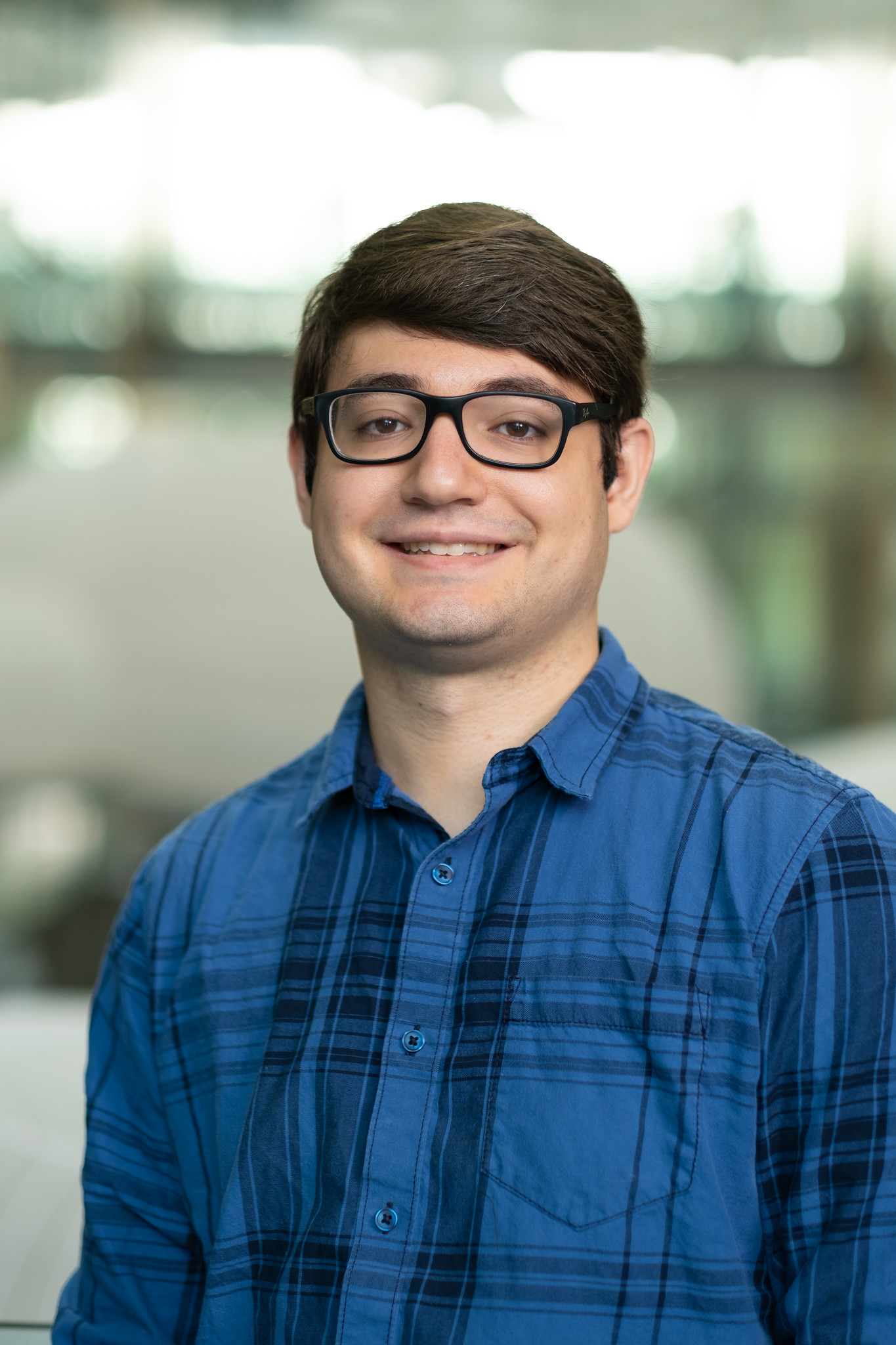
- This event has passed.
MSE Seminar: “Chemical Bonds in Topological Materials” (Princeton University)
February 28, 2023 at 10:30 AM - 11:30 AM
Topological materials are solid-state compounds that have atypical charge carriers, often acting analogously to particles in high-energy physics. They are significant for both fundamental and applied science, with potential uses in spintronics, catalysis, and quantum information science. But despite the great promise of this field, the majority of known topological materials conform to the same handful of structure types. By utilizing chemical principles, we can design and discover new topological materials and investigate their unusual charge transport and magnetism.
In the first half of my talk, I will focus on synthetic routes to new subchalcogenide topological semimetals. Subchalcogenides are a hybrid class of materials between intermetallics and chalcogenides, containing both metal-metal and metal-chalcogenide interactions. Their diverse bonding character leads to quasi-lower-dimensional metallic substructures, which have greater potential for electron-electron interactions. The subchalcogenides Ir2In8Q (Q = S, Se, Te) are a newly reported family of Dirac semimetals, with large, anistropic magnetoresistance, high charge carrier mobility, and reversible electronic instabilities. This family of compounds offer a new platform for probing the interactions of electronic instabilities and topology, along with expanding the known library of topological structures. In the second half of my talk, I will discuss hypervalent (electron-rich) chemical bonding as a design principle for new topological semimetals, with a focus on quasi-one-dimensional hypervalent Bi chains. Delocalized, electron-rich bonding has been shown to be an effective design principle to find new topological square-net materials, with band inversion occurring at the Fermi level of compounds with the ideal electron count and number of atoms in the unit cell. Through these synthetic and bonding approaches to identifying new topological materials, we show that chemists play a vital role in advancing the field.

Jason Khoury
Arnold O. Beckman Postdoctoral Fellow - Princeton University
Jason Khoury grew up in Cleveland, Ohio and received his B.S. in Chemistry at The Ohio State University in 2015, working with Patrick M. Woodward. His time with Pat at Ohio State started his interest in solid-state chemistry, where he focused on making new perovskite phosphors. He then went to graduate school at Northwestern University, where he received his PhD in Chemistry in 2020 working with Mercouri G. Kanatzidis. As a graduate student, Jason started a new research direction in the Kanatzidis group, focusing on the synthesis and reactivity of subchalcogenide materials, which have bonding characteristics similar to both intermetallics and chalcogenides. He was also the recipient of the Hierarchical Materials Cluster Fellowship in 2017, and the Marple Schweitzer Graduate Student award in 2018. Since the completion of his PhD, Jason is currently an Arnold O. Beckman Postdoctoral Fellow at Princeton University with Leslie M. Schoop. His postdoctoral work focuses on understanding electron-rich bonding motifs as a design principle for quasi-one-dimensional topological materials, and his work as a whole is on the interface between synthetic solid-state chemistry and condensed matter physics.
